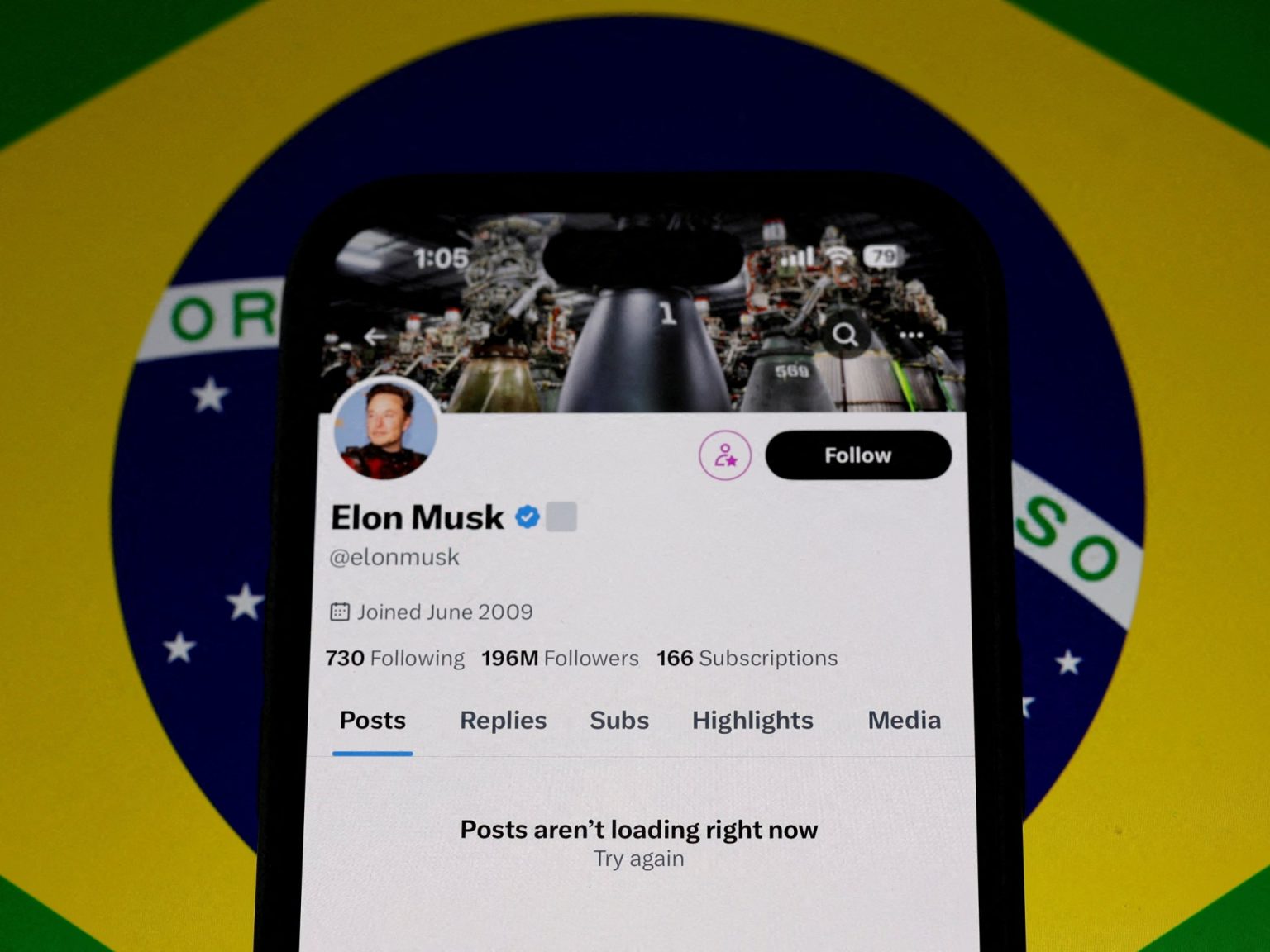In a recent decision, all five judges of Brazil’s Supreme Court panel voted to uphold a ban on Elon Musk’s social media platform X in the country. This decision renders the mobile app inaccessible to nearly 212 million users in Brazil. The ban was imposed because X failed to appoint a legal representative in Brazil, as required by foreign companies operating in the country. This requirement was not met by the deadline set by Supreme Court Justice Alexandre de Moraes, leading to the ban.
Following the deadline, Justice de Moraes criticized Musk for showing disrespect towards Brazilian sovereignty and the judiciary by not complying with the country’s laws. In response, Musk called de Moraes an “evil dictator” for shutting down the “#1 source of truth in Brazil.” In addition to the ban, Judge de Moraes also imposed a daily fine on businesses and individuals in Brazil who use virtual private networks (VPNs) to access X.
Brazil is not the first country to ban X, as China was the first to do so in 2009. The ban in Brazil follows a series of events related to X’s compliance with court orders to restrict accounts spreading fake news and hate speech. Musk initially complied with the orders but refused to do so in April, leading to the current ban. Foreign companies operating in Brazil are required to have a legal representative in the country to handle legal matters and act as a liaison with local authorities.
Under Musk’s leadership, X’s approach to compliance with local laws has changed, reflecting his personality and decision-making style. Musk purchased the platform from co-founder Jack Dorsey, and analysts note differences in their approaches to operating the platform. X has faced challenges with authorities in various countries, including India and the United States. In each case, the platform’s response to government requests for content control has varied, highlighting the challenges faced by social media companies in balancing free speech and compliance with local regulations.
The ban on X in Brazil is part of a broader trend of social media platforms facing restrictions in different countries. Countries like China, Iran, North Korea, Myanmar, Pakistan, and Venezuela have also imposed bans or restrictions on X and other social media platforms. These restrictions are often related to concerns about national security, misinformation, and political tensions. The decisions by governments to ban or restrict social media platforms highlight the complex relationship between technology companies, governments, and free speech.
Overall, the ban on X in Brazil is a reflection of the challenges faced by social media platforms in navigating global regulations and political tensions. Musk’s response to the ban and his refusal to comply with local laws indicate a shift in X’s approach under his leadership. As social media continues to play a significant role in shaping public discourse and political dynamics, the actions of tech companies like X will continue to be scrutinized and regulated by governments worldwide.


